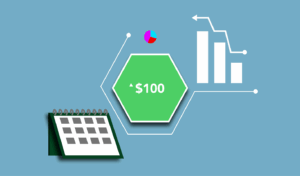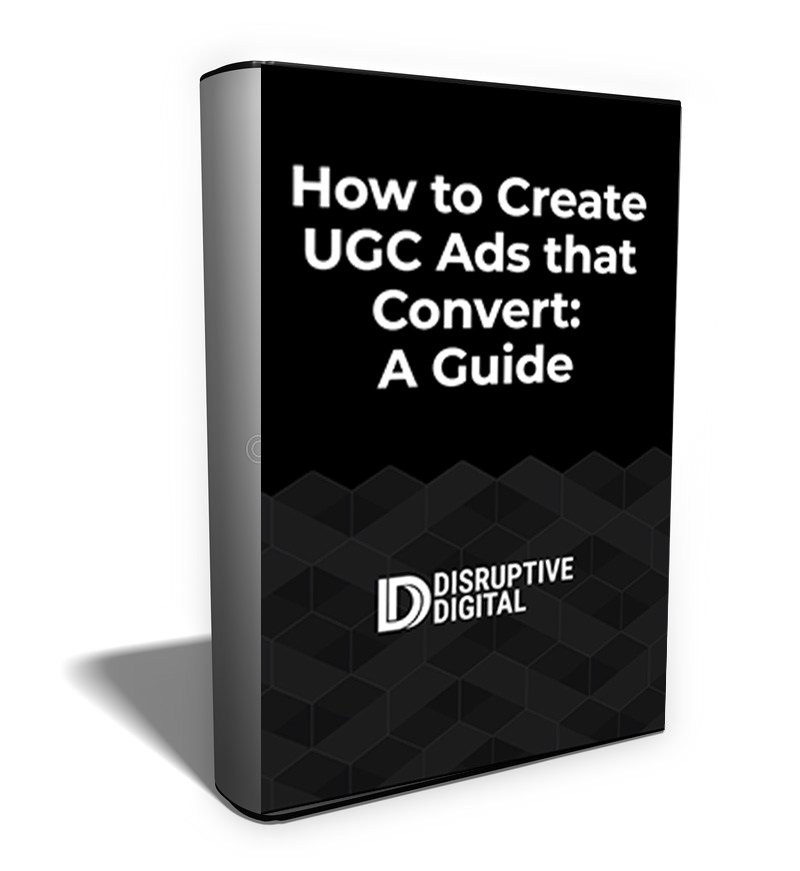Does advertising to existing customers actually increase sales?
As a test with a new client, we decided to shut off ads for half of their existing customers and keep ads running for the other half of their existing customers.
What happened was astonishing.
Facebook reported that we got a 4X return on ad spend for the client with our advertising efforts, but when we looked at the sales numbers, we only saw 7% more revenue generated to the audience we advertised to compared to the audience we didn’t.

Essentially, our 4X return on ad spend was actually a 0.4X return on ad spend! We were only seeing an incremental $0.40 on every dollar we spent advertising to existing customers.
The client was shocked. The performance they always thought was strong, was actually a money loser.
Why we’re the results so drastically different?

While marketing to existing customers is one of the lowest hanging fruits to drive revenue when advertising on Facebook (or any other channel), the numbers you see upfront can be extremely misleading.
Because these existing customers have experience with your products already, their likelihood to buy again unprompted is high. It’s very likely a majority of these customers were going to buy again anyways and the ads had no impact on their decision.
There are cases where a customer might need a gentle reminder, but because you know know the customer, you have email and SMS to rely on to communicate which cost a fraction of the price of an ad.
While you may read the above and think it’s worthwhile to shut off advertising to existing customers, there’s still a number of benefits to running ads to existing customers.
Some people need to be hit with multiple reminders to buy again. Some people don’t read their emails and need to be reached in a different medium like Facebook.






